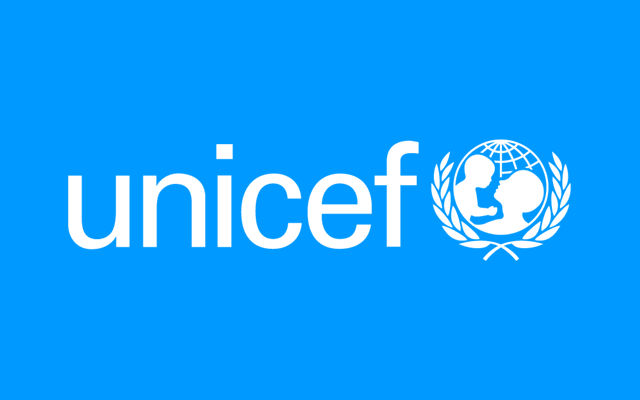Two out of every three Nigerian children live in food poverty, meaning they lack access to diverse and nutritious diets, while the same ratio are not exclusively breastfed, the United Nations Children’s Fund (UNICEF) has revealed.
UNICEF Nigeria’s Malnutrition Manager, Sumit Karn, disclosed this on Tuesday during a two-day capacity-building workshop for journalists on nutrition and food systems reporting.
The event was organised in Abuja by the Global Alliance for Improved Nutrition (GAIN) in partnership with Nigeria Health Watch.
Karn described the figures as “deeply concerning,” warning that millions of children across Nigeria face a growing nutrition crisis that threatens their survival, growth, and development.
A Growing Nutrition Emergency
Nigeria is home to an estimated 38 million children under the age of five, with 15 million stunted, 7 million moderately wasted, and 3 million severely wasted, Karn said. “In addition, about 12 million children are anaemic, showing how widespread and complex the crisis has become.”
UNICEF’s data ranks Nigeria number one in Africa and second globally for the number of malnourished children — a reality that experts say calls for urgent, wide-scale interventions.
The agency also reported that the annual rate of reduction for stunting is only 1.4 percentage points per year — far below the 10 points required to meet global nutrition goals. As a result, four of Nigeria’s five Sustainable Development Goal (SDG) targets on nutrition remain off track.
Millions Facing Hunger and Uncertainty
Karn further revealed that 31 million Nigerians across 26 states and the FCT are either hungry or uncertain about where their next meal will come from — a situation fuelled by inflation, poverty, and food insecurity.
“This situation demands urgent, coordinated action from all stakeholders,” he said. “We must strengthen nutrition-sensitive programmes, improve food systems, and promote exclusive breastfeeding to give every Nigerian child a fair start in life.”
UNICEF urged federal and state governments, civil society, and the private sector to increase investments in food and nutrition security, expand social protection systems, and foster partnerships that ensure no child is left behind.
It reiterated that ending malnutrition is not just a health issue but a development necessity that directly affects education, productivity, and economic growth.
Media’s Role in Nutrition Advocacy
Mr. Victor Ekeleme, GAIN’s Senior Associate for Communications, said the organisation’s mission is to make healthier diets more affordable, accessible, and desirable for all Nigerians.
He praised journalists for their efforts in amplifying nutrition advocacy, noting that media storytelling has the power to drive change.
“The stories we tell, and how we tell them, shape public understanding, influence policies, and mobilise action. That is where you, our partners in the media, play a crucial role,” Ekeleme said.
Rate, Like 👍, Comment 💬, Share this article, Follow us on our social media handles, and Submit your own story to get featured and earn rewards!







